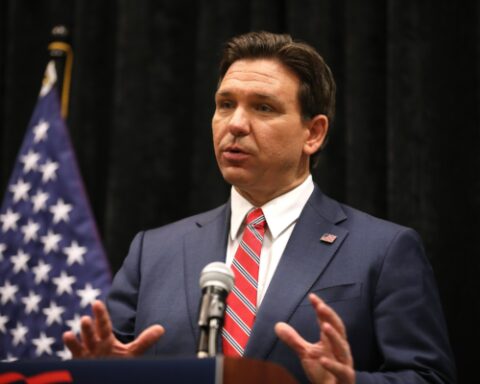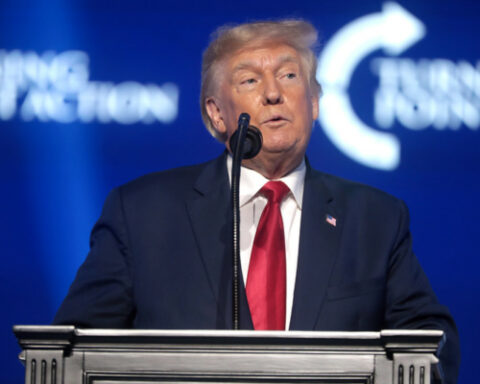Florida has now reportedly taken a significant step toward reshaping how money functions in the state by approving legislation that makes gold and silver legal tender.
Governor Ron DeSantis signed the bill this week, positioning Florida among a small but growing number of states that are seeking alternatives to the U.S. dollar amid concerns about inflation and the federal government’s monetary policy.
The new law allows both private and public entities to accept gold and silver coins as payment for goods, services, and debts, provided they meet established purity standards—99.5% for gold and 99.9% for silver—and are properly stamped with weight and mint information.
The measure exempts such transactions from state sales tax, a move supporters say will encourage the everyday use of precious metals in commerce.
While participation will be optional for most businesses, certain financial institutions and service providers, such as money service businesses, will be required to accept them.
“This gives people more financial freedom and an opportunity to protect themselves from the erosion of the dollar,” DeSantis said during a bill signing event in Apopka.
He framed the legislation as a return to sound money principles aligned with the original intent of the U.S. Constitution, which allows states to recognize gold and silver as legal tender.
Set to take effect on July 1, 2026, the law instructs the Florida Office of Financial Regulation to develop a regulatory framework in the interim.
That will include licensing for entities that hold or process precious metals and establishing consumer protection measures.
The legislation’s sponsor, State Representative Doug Bankson, cited the detachment of the U.S. dollar from the gold standard in 1971 as a key factor in the dollar’s declining purchasing power.
He described the bill as a means of offering taxpayers financial security and restoring monetary stability.
Governmental entities in Florida will be permitted to accept gold and silver only through electronic transfer mechanisms, underscoring the law’s intent to integrate precious metals into modern financial systems rather than revert to physical coinage.
Florida’s move mirrors earlier actions by other states, notably Utah, which in 2011 became the first to recognize gold and silver as legal tender.
In the years since, other state legislatures have considered or passed similar measures, reflecting growing skepticism about centralized monetary policy and inflation.
Supporters see Florida’s legislation as part of a broader effort to reassert state-level control over monetary affairs.
Critics argue it may introduce unnecessary complexity into commerce and government transactions, though the voluntary nature of the law may mitigate concerns.
As implementation approaches, both regulators and businesses will be preparing to navigate the logistical and legal considerations that come with treating precious metals as a form of money.
[READ MORE: DeSantis Slams Congress For Not Following Through on DOGE Cuts]








